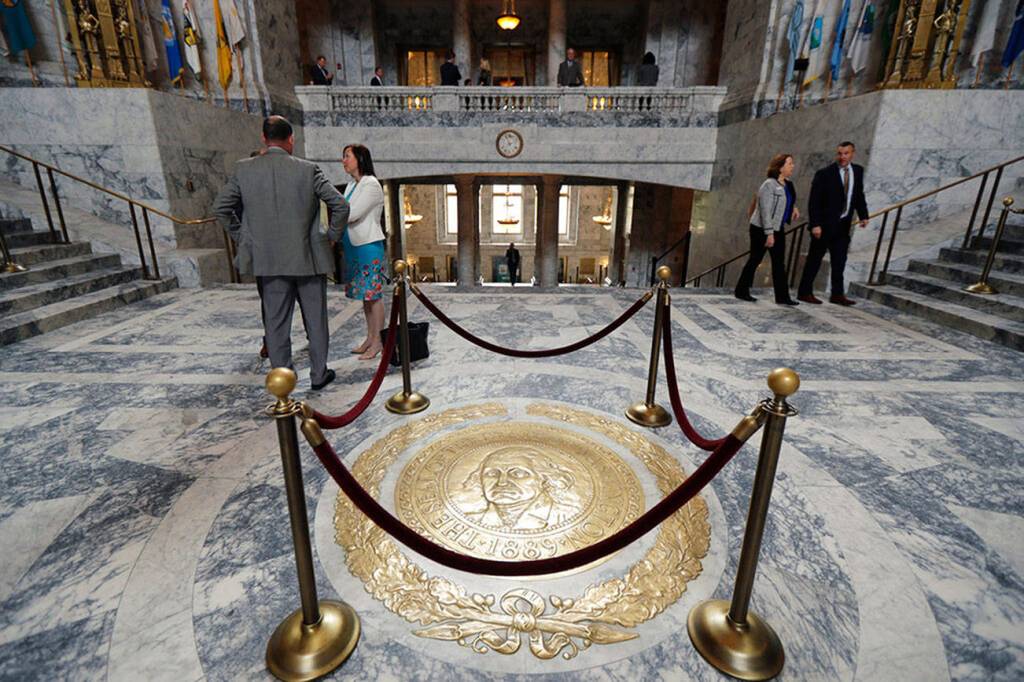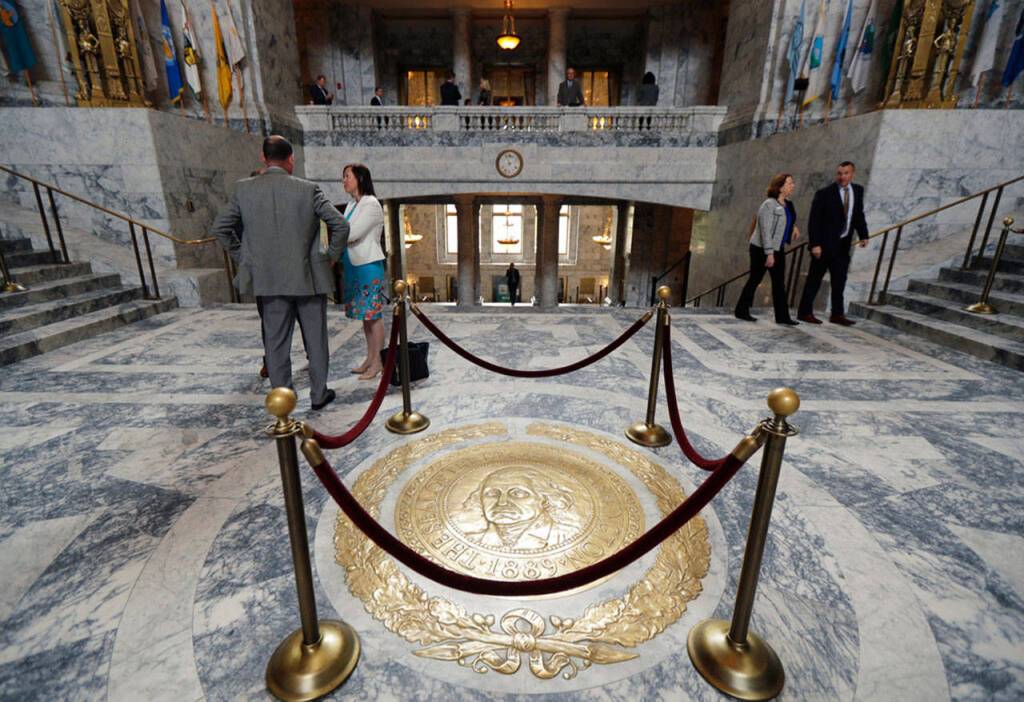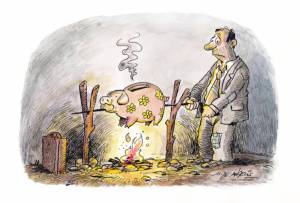Editorial: It’s Legislature’s turn to face a legal challenge
Published 1:30 am Thursday, November 21, 2019


By The Herald Editorial Board
Earlier this week, we noted that a legal challenge of Initiative 976 — while frustrating to the voters who passed it — was necessary because all laws, whether adopted by the Legislature or by the people, must comply with the state constitution.
With I-976’s constitutional goose now in the courts’ oven, it’s now the gander’s turn; specifically state Democratic lawmakers who passed a bill in the closing days of this year’s session that increased the business and occupation tax on large, out-of-state banks.
About a week before Seattle, King County and others filed suit to overturn I-976, two banking groups — the Washington Banking Association and the American Bankers Association filed suit in King County Superior Court against the state Department of Revenue over House Bill 2167, which essentially doubled the B&O tax to a total of 3 percent for banks with an annual net income of at least $1 billion. The bank associations argued that the tax legislation violates both the state constitution and the U.S. Constitution’s commerce clause, claiming that the bill “suffered from a flawed legislative process and created an unconstitutional differential tax rate for in-state and out-of-state financial institutions.”
As with the challenge to I-976, those issues are for courts to decide, but the path toward adoption of HB 2167’s tax increase should be of concern to all, because it points to a record of haste and a lack of due consideration that has occurred more than once in recent legislative sessions.
HB 2167 started out in April of this year’s session as a “title-only” bill, basically a placeholder that in this case was blank except for a general statement that it would concern tax revenue, with the details to be filled in later. Usually the practice isn’t a problem as the bill’s text and provisions are inserted before committee hearings and floor votes.
Legislation that starts as a title-only bill, however, can become a problem in the waning days of a legislative session, as was the case with HB 2167.
The meat of the legislation was inserted on the morning of April 26, with two days left in the session; 90 minutes later — a hearing was held before the House Finance committee. With Democrats in control of both House and Senate, the bill breezed through committees and advanced to both floors. It passed 53-43 in the House the same day it was introduced and 25-24 in the Senate the following day, just hours before the end of the 105-day session.
The legislation had about 55 hours of vetting that included quickly called testimony in hearings, limited floor debate and scant opportunity for the public to comment on whether the tax increase on banks would be a good idea. Notably, the legislation was adopted before the Department of Revenue could issue fiscal analysis that lawmakers typically consider before voting on a bill; that analysis — which estimated revenue of more than $1.033 billion between now and 2029 — wasn’t available until the day after the Legislature adjourned.
At the time, Toby Nixon, president of the Washington Coalition for Open Government, told Crosscut the maneuver wasn’t necessarily illegal, but it was disrespectful:
“I think it’s a clear violation of the intent and the spirit of the state constitution, which clearly says that bills introduced in the last 10 days of the session require a two-thirds vote [of the Legislature],” Nixon said. “And it did not have a two-thirds vote.”
Not even close.
The hastily passed tax increase appeared to be a last-minute move to piece together a revenue package that would fund the $52.4 billion budget the Legislature wanted to pass before the regular session’s end, in particular, after Democrats couldn’t gather enough support among themselves for a capital gains tax.
The tax increase’s rushed adoption followed a similar path seen the year prior when Democrats and Republicans attempted to largely excuse themselves from provisions of the state Public Records Act, taking about 48 hours — with nearly no opportunity for public review and comment — to introduce and pass legislation that generated enough backlash from the public and news media to encourage a veto by the governor.
A similar tactic was used this year to provide $500,000 in the state operating budget to fund a task force studying a state-level single-payer health care system, as was outlined in a Nov. 10 commentary in The Herald by the Washington Policy Center’s Roger Stark. Specific legislation authorizing the task force failed to advance in the House or Senate, yet funding still was included in the budget.
“Circumventing the legislative process and simply taking a vote on the total budget allows personal line items to essentially become law,” Stark wrote.
Is an increase to the B&O tax for banks a fair way to raise revenue? Maybe; other states tax big banks at even higher rates. Should the state discuss a single-payer health care system? It’s hard to argue against exploring the idea, especially as the subject already is being discussed among Democratic candidates for president.
But the decisions on these issues have to happen with adequate time and opportunity for a full review among lawmakers and — especially — by the public. Not in the final hours of a legislative session.
Along with waste, haste makes lawsuits.




